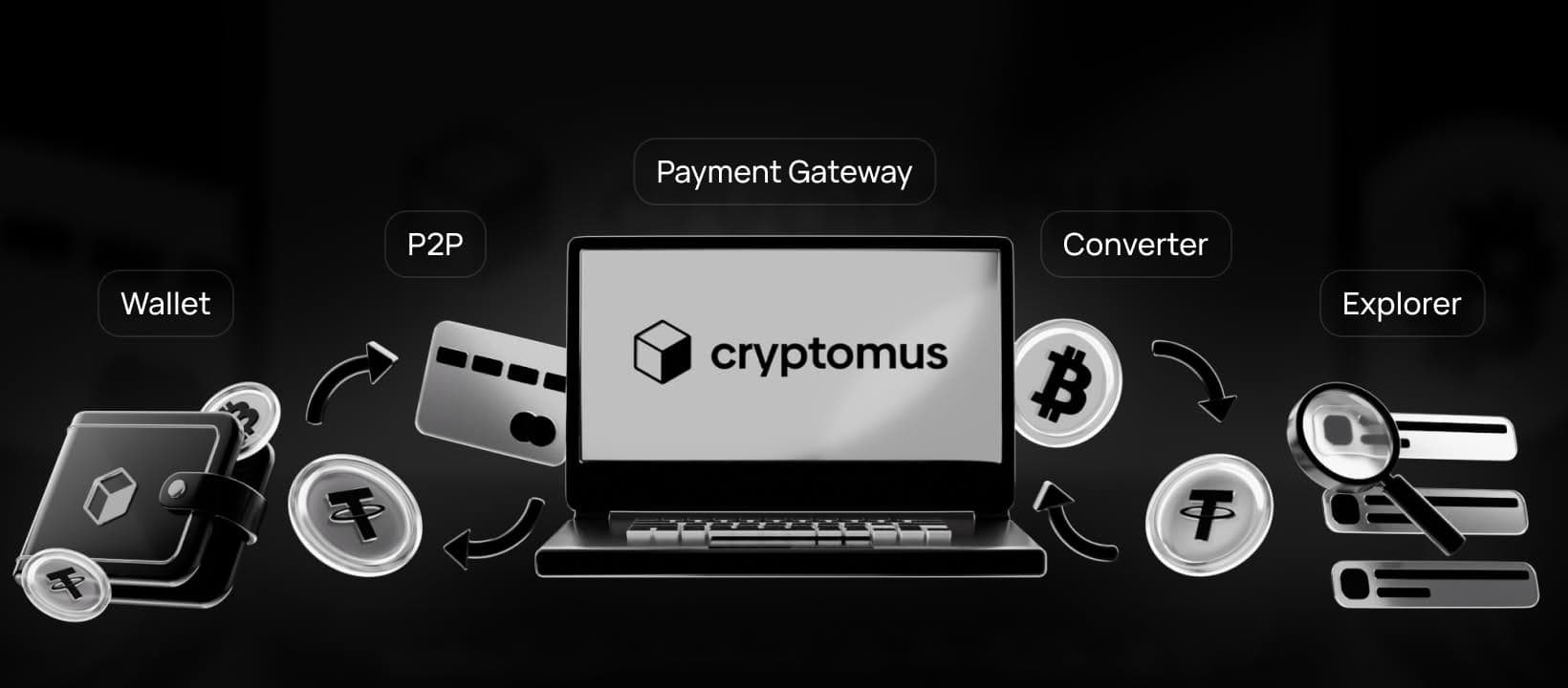Vancouver crypto exchange traded millions with sanctioned Russian platform, analysts say
Cryptomus allegedly traded extensively with platform used by prolific hacking groups
15 Sep 2025 • 7 min read
Copied to clipboard!


Zak Vescera
Zak is a Vancouver-based reporter focusing on white-collar crime in British Columbia. He previously reported for The Tyee and The Saskatoon StarPhoenix.
Democracy needs you.
Subscribe today to support independent Canadian journalism.
Dig Deeper
Our databases turn public records into public power. Dig in to find the real story on lobbying, donations, contracts, access to information releases and more.
Search


